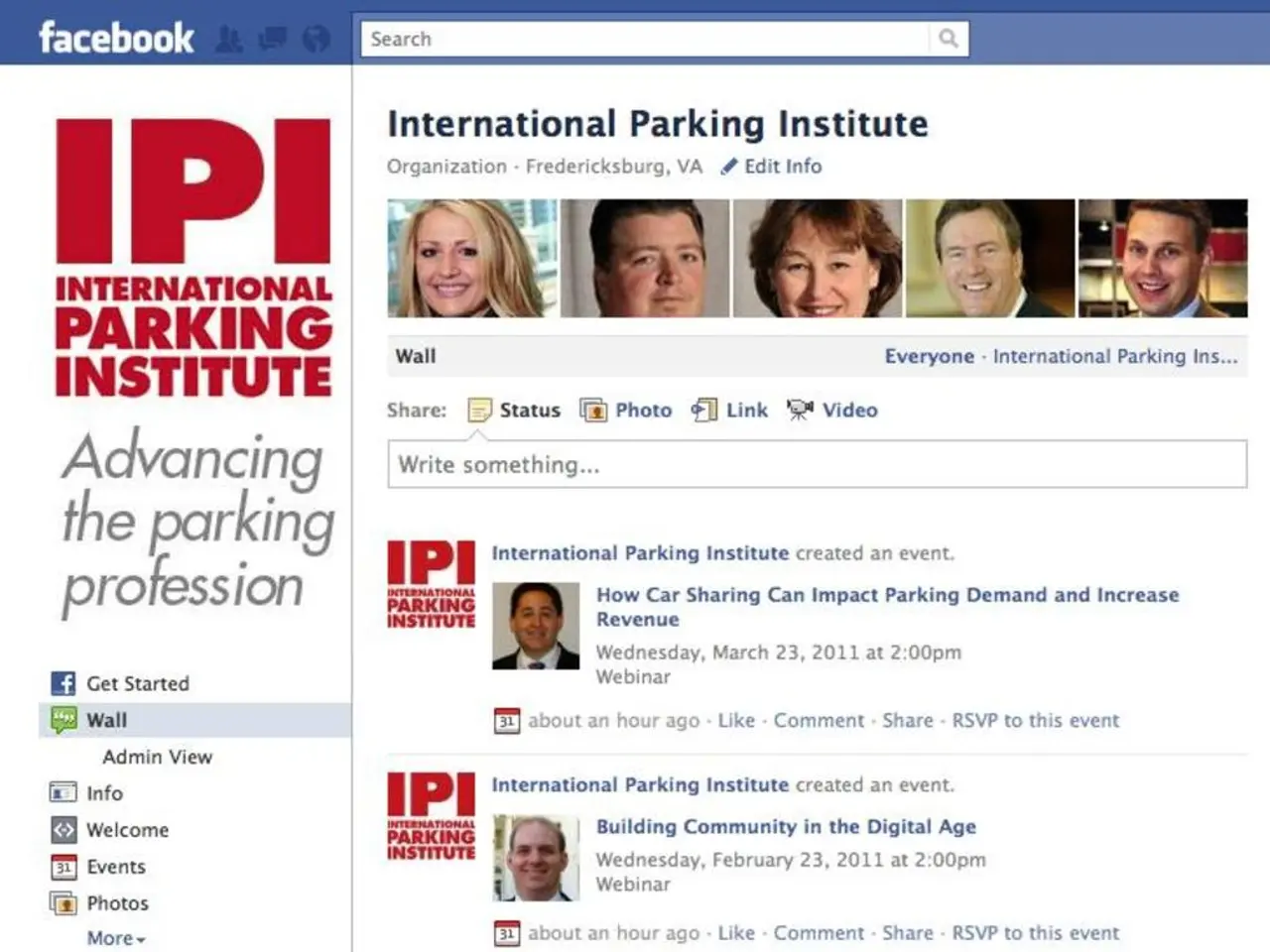Strengthening Digital Privacy and Boosting Consumer Confidence
In the digital age, consumer trust in organizations is heavily influenced by their perceived privacy practices. By implementing robust privacy measures, companies can foster a sense of security and enhance consumer trust.
Security tools such as encryption and secure access protocols are essential in protecting personal information against unauthorized access. By demonstrating a commitment to safeguarding consumer data through these measures, businesses can reinforce trust.
Transparency is another critical factor in building consumer trust. Companies that openly share their privacy policies and demonstrate compliance with privacy laws establish that they value consumer privacy. As consumers become increasingly aware of their rights regarding personal information, the demand for transparency in data handling practices grows.
Understanding these differences becomes imperative for businesses operating internationally to develop strategies that accommodate the varying privacy landscapes. For instance, the European Union's General Data Protection Regulation (GDPR) and California's Consumer Privacy Act (CCPA) have distinct provisions and enforcement structures.
Jurisdictional differences complicate trust and compliance. In the US, new state laws such as those in Tennessee, Minnesota, Maryland, California, and Virginia have unique provisions. Enforcement varies widely, with California allowing private rights of action with steep penalties, increasing business accountability and consumer protection, while other states rely principally on Attorney General enforcement.
Consumer trust is sensitive to visible compliance and enforcement. High-profile enforcement actions, like California’s multi-million dollar settlements for CCPA violations, highlight how breaches or non-compliance erode trust, reinforcing that strong regulation backed by enforcement mechanisms plays a key role in sustaining consumer confidence.
Data minimization and protection requirements mandated by laws, such as Maryland’s restrictions on geofencing near health facilities or Minnesota’s ban on unlawful discrimination during data processing, signal respect for consumer privacy, reinforcing trust through responsible data handling policies.
Privacy laws enhance consumer trust most effectively when they provide clear, enforceable rights and transparency mechanisms, combined with strong compliance and enforcement across jurisdictions. However, the patchwork nature of regulations, especially in the US, demands that businesses carefully navigate differing rules to maintain consistent trust levels internationally or inter-state.
Ongoing engagement and feedback mechanisms are vital in fostering trust. Organizations that actively seek consumer input on privacy matters demonstrate a commitment to respecting private information.
Emerging technologies such as artificial intelligence and machine learning enhance privacy management by enabling more effective data analysis, identifying potential risks, and automating compliance tasks. By automating data protection methods, businesses can identify potential breaches and respond promptly, reinforcing consumer confidence.
Nearly 79% of consumers express reluctance to share personal information when privacy is insufficient, highlighting a significant correlation between privacy and consumer trust. Consumer trust is the confidence that individuals have in a company's ability to protect their personal information, and high levels of consumer trust foster loyalty and enhance a brand's reputation.
In conclusion, privacy is a fundamental aspect of consumer relationships. When consumers feel their personal information is protected, they are more likely to engage with and trust businesses. By adhering to privacy laws and prioritizing consumer perceptions of privacy practices, businesses can establish lasting relationships based on trust and confidence.
Businesses can leverage technology to bolster privacy measures, thereby reinforcing trust. For example, artificial intelligence and machine learning can be used for more effective data analysis, identifying potential risks, and automating compliance tasks, ultimately strengthening consumer confidence.
Robust privacy practices in education-and-self-development sector, such as transparent data handling, protection of personal information, and respect for user privacy, can foster a positive lifestyle image and establish trust among learners, thereby enhancing the brand's reputation.




